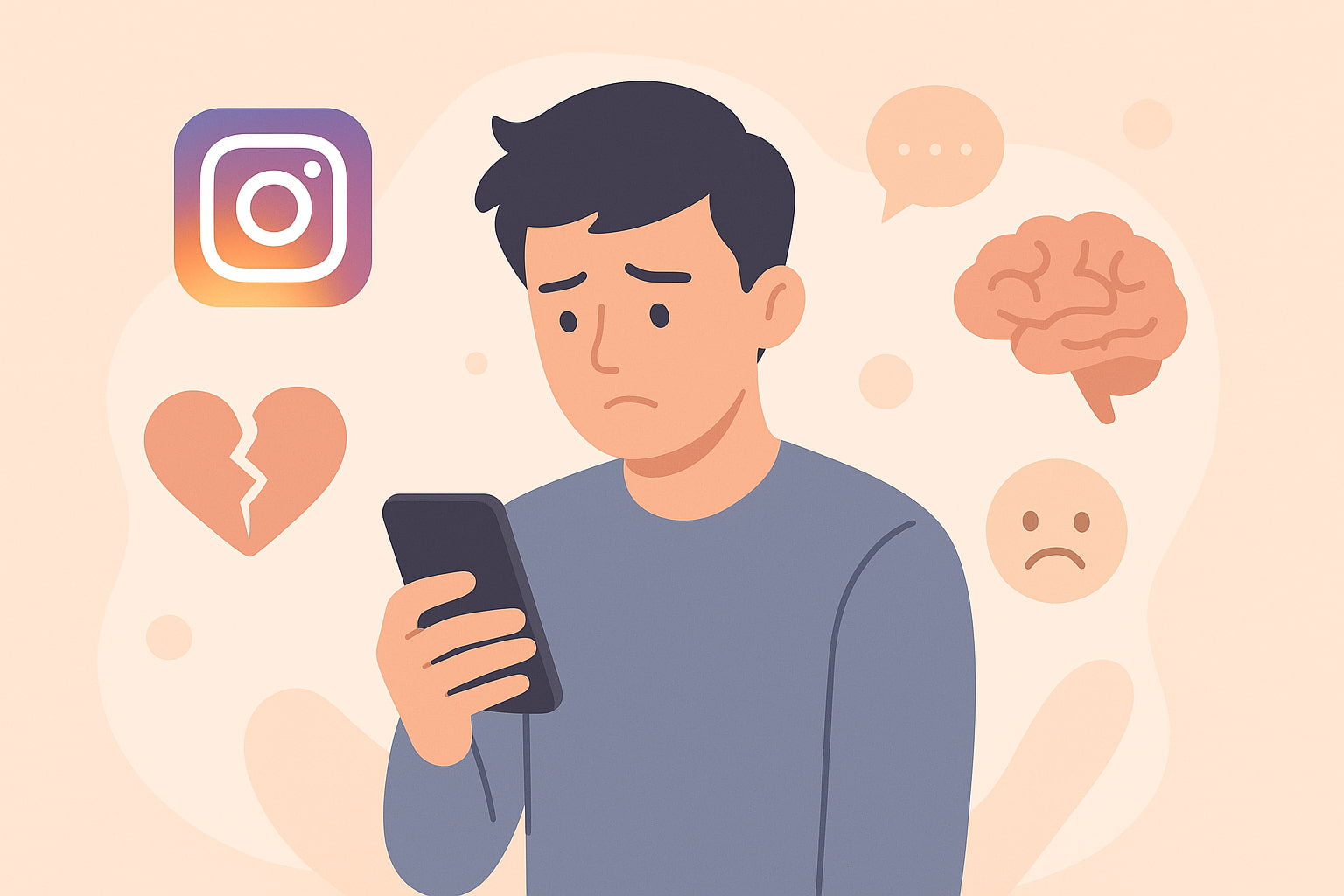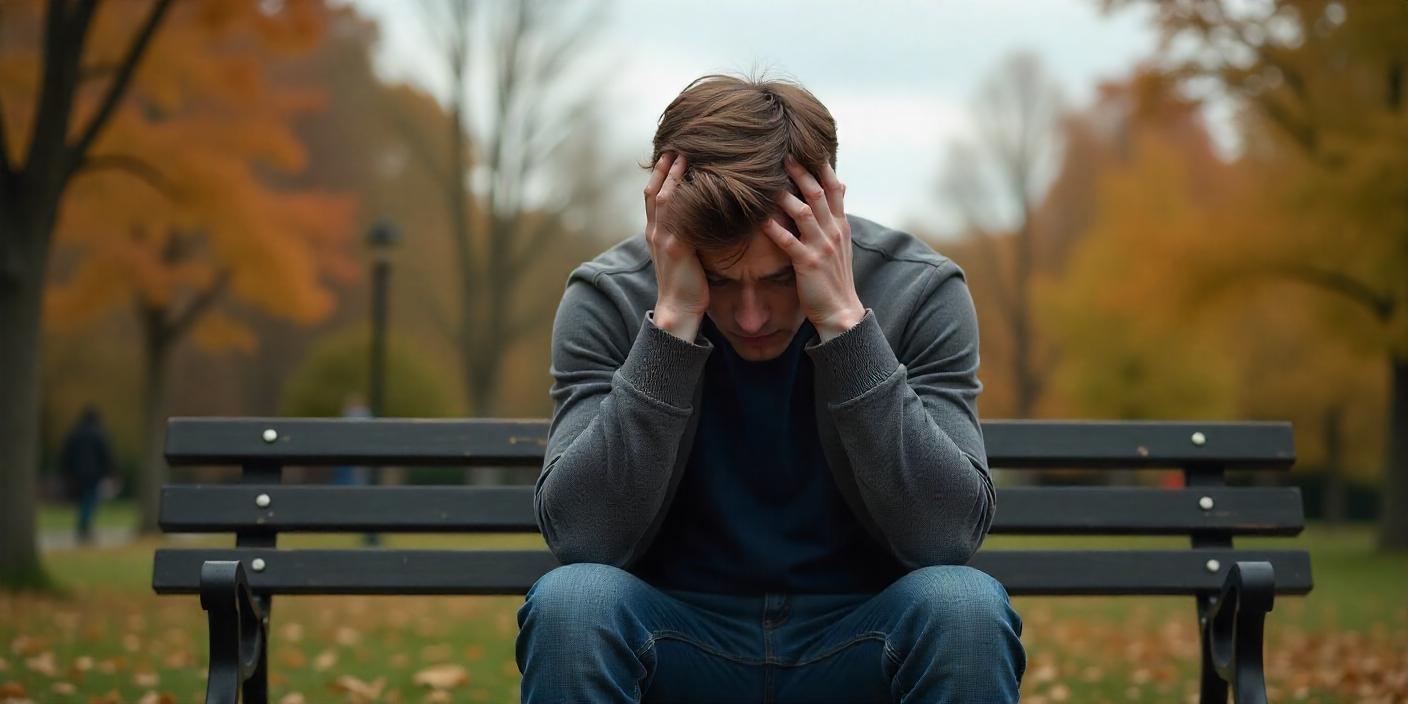
In today’s digital world, social media has become more than just a way to connect with friends—it shapes the way we think, feel, and even value ourselves. Among all platforms, Instagram stands out because of its heavy focus on visuals and engagement. While scrolling may seem harmless, the little heart-shaped “like” button has a deeper impact than most people realize. Understanding the mental health impact of Instagram likes is crucial, especially as more people report anxiety, depression, and low self-esteem linked to social media use.
The Hidden Psychology of Instagram Likes
Psychologists have found that likes on Instagram trigger the reward center in the brain, releasing dopamine—the same chemical linked to pleasure and motivation. Each time we get a notification, it gives us a temporary sense of validation. This can create a cycle where people start seeking approval online instead of within themselves.
This phenomenon is often referred to as Instagram validation addiction, where individuals become dependent on external engagement (likes, comments, shares) to feel good about themselves. Over time, this constant need for approval can reduce resilience and increase appearance anxiety—worrying about how others perceive us.
How Instagram Likes Affect Self-Esteem
One of the strongest links between Instagram and mental health is the effect likes have on self-esteem. For many users, the number of likes becomes a reflection of self-worth. When posts perform well, people feel confident; when they don’t, it can lead to feelings of rejection or inferiority.
Research shows that appearance anxiety on Instagram is particularly high among teenagers and young adults, who are more likely to compare themselves to influencers or peers. The “highlight reel” nature of Instagram fuels these comparisons, making ordinary lives seem less exciting in contrast. This comparison trap often results in lower self-esteem, body image issues, and social anxiety.
Instagram Likes and Anxiety
Beyond self-esteem, likes can contribute directly to anxiety and depression. The pressure to post perfect photos, maintain engagement, and keep up with trends can feel overwhelming. Many users admit to deleting posts that receive fewer likes than expected, which reinforces the belief that self-worth depends on external validation.
This cycle—posting, waiting for likes, feeling anxious, then posting again—is a clear sign of Instagram likes mental health impact. Over time, the stress of chasing digital approval can lead to social withdrawal, mood swings, and reduced real-life connections.
Why Hiding Likes Didn’t Fully Solve the Problem
In recent years, Instagram experimented with hiding likes to reduce social pressure. While this change aimed to improve mental well-being, the results have been mixed. Some users reported feeling freer to post without worrying about numbers, but many still found ways to measure engagement through comments, views, or other signals.
This shows that the issue isn’t just about numbers on a screen—it’s about the psychology of social validation. Even without visible likes, the culture of comparison and validation-seeking remains embedded in the platform.
Long-Term Effects on Mental Health
If left unchecked, the impact of Instagram likes on mental health can be long-lasting. Common outcomes include:
-
Chronic anxiety due to social comparison.
-
Depression and loneliness from failed expectations.
-
Sleep disruption from late-night scrolling and notification checking.
-
Lower academic or work performance because of reduced focus.
-
Decreased real-world confidence, making social interactions harder offline.
These issues highlight why digital well-being has become such a critical discussion in recent years.
How to Reduce the Negative Effects
The good news is, you don’t have to give up Instagram entirely to protect your mental health. By practicing mindful use, you can avoid falling into the validation trap. Here are some practical tips:
-
Limit screen time – Set daily usage limits to avoid endless scrolling.
-
Turn off like notifications – This helps reduce anxiety linked to instant validation.
-
Follow accounts that inspire positivity – Unfollow accounts that fuel comparison or appearance anxiety.
-
Post for expression, not approval – Focus on sharing what makes you happy, not what will get the most likes.
-
Practice digital detoxes – Take regular breaks to reconnect with real-world relationships.
Final Thoughts
Instagram likes may seem like a harmless feature, but their quiet impact on mental health is undeniable. From self-esteem struggles to Instagram validation addiction, the simple pursuit of digital approval can leave deep emotional effects.
If you’ve ever felt anxious about posting, deleted content that didn’t “perform well,” or compared your life to others online, you’ve already experienced the hidden mental health risks of Instagram likes. The key is not to abandon technology altogether but to use it more mindfully. By understanding the mental health impact of Instagram likes, we can make conscious choices that protect our well-being in the digital age.
Asif Bc
Aspiring blogger in Kerala sharing insights on technology and mental health to inspire mindful living.


_11zon.jpg)

0 Comments